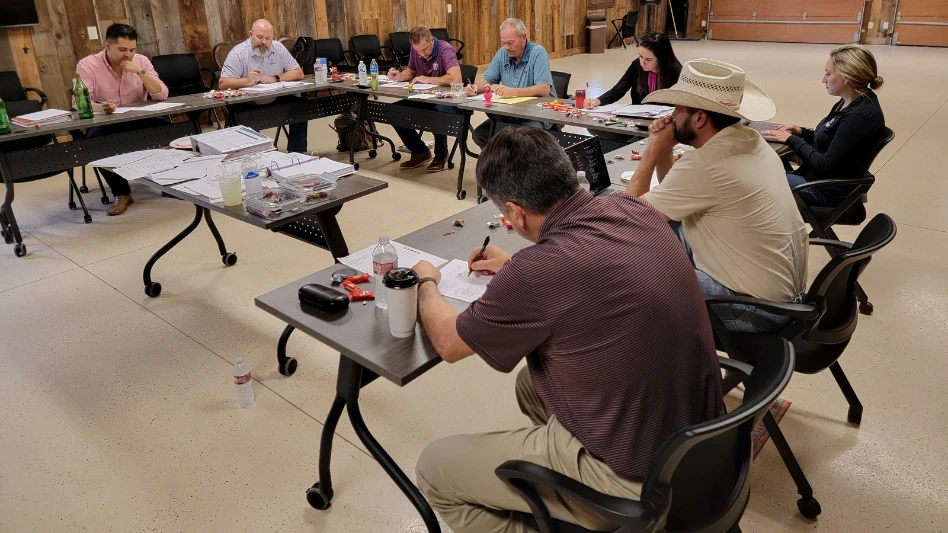
 |
The U.S. Department of Labor wants to significantly increase the minimum salary threshold required to qualify for the Fair Labor Standard Act’s (FLSA’s) “white collar” exemption. The new proposal would require employers to pay overtime to workers making up to about $50,000 annually, even those who are classified as managers and, thus currently exempt from the overtime rules for hourly employees. That’s more than double today’s $23,600 threshold.
According Lawn & Landscape research, the average landscape company pays its salaried employees (account managers, supervisors, crew foremen/leaders and designers) less than $50,000 a year. Under the DOL’s proposal, all of these positions would become hourly jobs.
“Everybody is going to have to look at their workforce, how they’re being paid and how they’re being classified, and make decisions of whether they’re going to change how they do that to meet the requirements,” says Tom Delaney, director of government affairs for the National Association of Landscape Professionals.
While FLSA does not limit the number of hours of overtime that may be scheduled, it does require employers pay covered employees not less than one and one half times their regular rate of pay for all hours worked in excess of 40 in a workweek – unless the employees are otherwise exempt.
One of the most significant exemptions affects so-called “white-collar” workers: They don’t have to be paid overtime if they meet all three of these tests:
- They’re paid a fixed salary, as opposed to an hourly wage.
- Their salary is more than a certain threshold amount.
- They primarily perform duties of a “bona fide executive, administrative or professional” nature.
Some states calculate overtime differently. California and some other states, for example, have a daily overtime standard, where employees are eligible for overtime once they have worked eight hours in a day, even if they don't work more than 40 hours in a week. Several states seem poised to follow the lead of California which adopted rules similar to the current proposal over a decade ago and where even the act of reading an email is “work” eligible for overtime pay.
Many industries hire seasonal employees for a variety of different reasons – amusement parks may need more staffers during the summer months, and department stores may need more cashiers during the Christmas shopping season. Unfortunately for a landscape contractor, there is no definitive answer to whether or not seasonal employees are entitled to overtime.
 |
Of course, FLSA applies only to businesses with employees who engage in interstate commerce, produce goods for interstate commerce, or handle, sell, or work on goods or materials that have been moved in or produced for interstate commerce. For most businesses, a test of not less than $500,000 in annual dollar volume of business also applies (i.e., FLSA does not cover operations with less than this amount of business).
On a state level, however, some industries are "overtime exempt" when it comes to seasonal employees. Exempt businesses generally have to be an amusement/recreation business that is able to demonstrate they only operate during a few months of the year, or that a significant amount of their cash flow comes in only during a few select months of the year.
Although the finalized rule won't fully take effect until 2016, and could still potentially be undone by legislative wrangling, consulting a local employment attorney to determine what state laws apply, whether there is an overtime exemption in your area and if your snow removal business qualifies, is recommended.
The author is a financial writer based in Ardmore, Pa.
Latest from Lawn & Landscape
- LMN partners with Attentive.ai
- Get to know the generations working for you
- Addressing addiction in landscaping
- Fairway expands national footprint with 6 acquisitions
- Graze Robotics opens new headquarters in Plano, Texas
- Addiction in the green industry
- Kress earns Sourcewell approval
- The best laid plans





